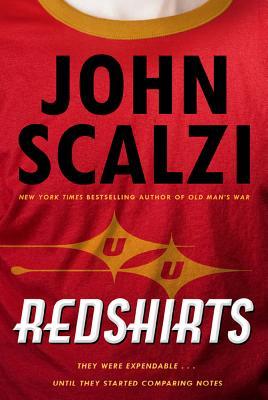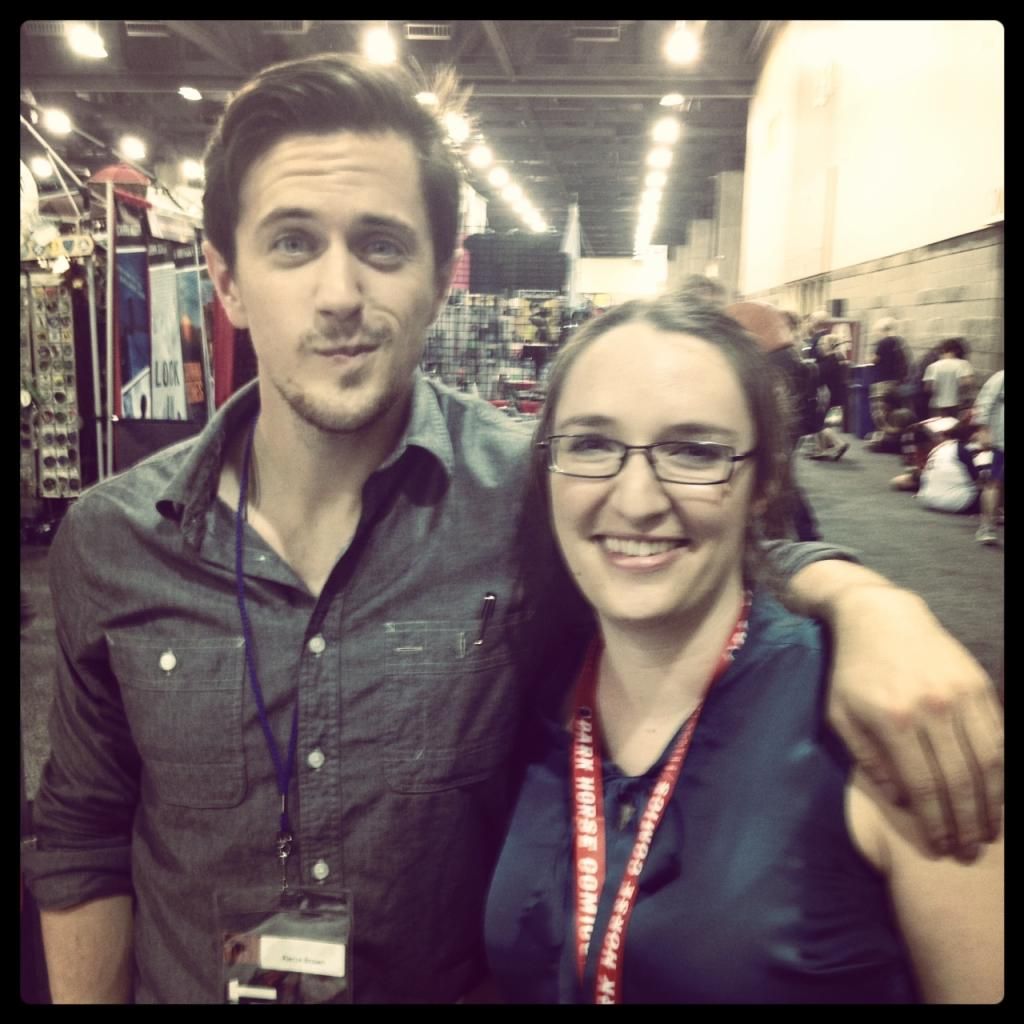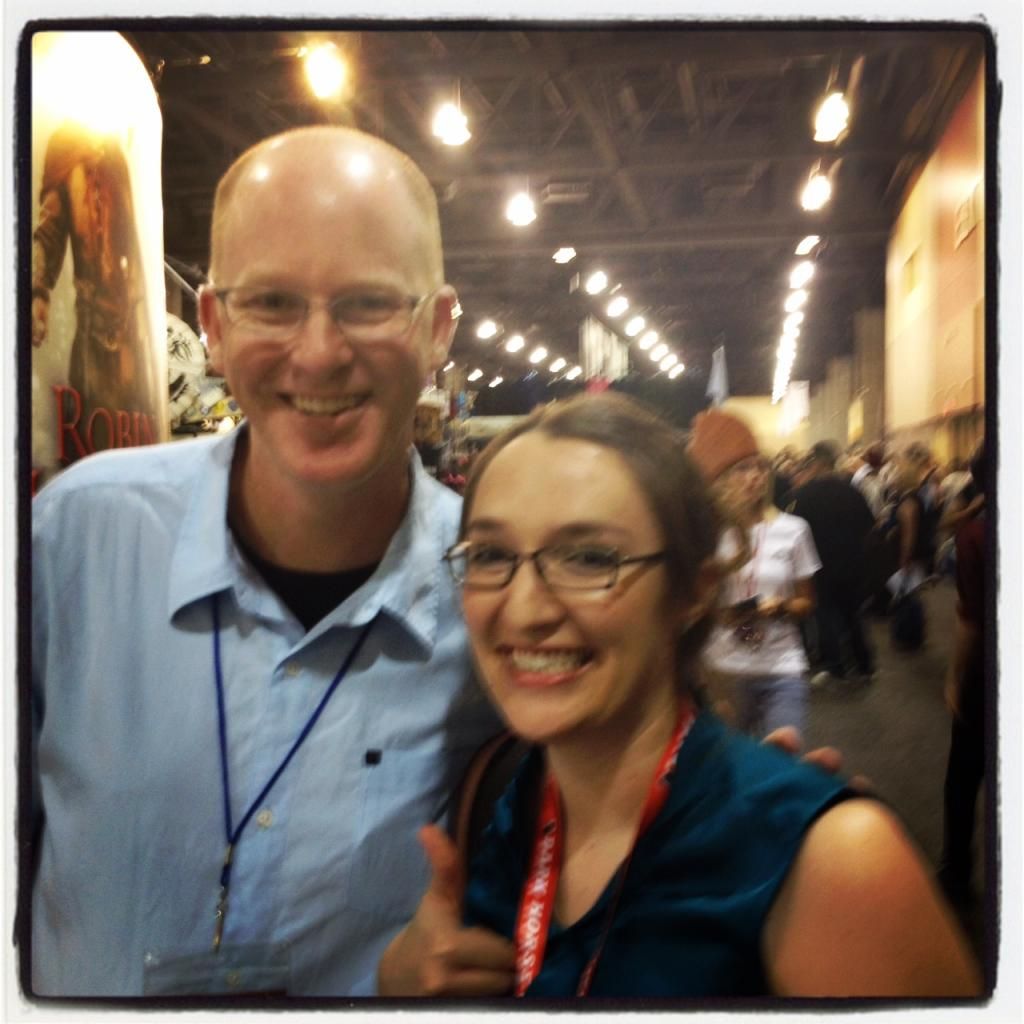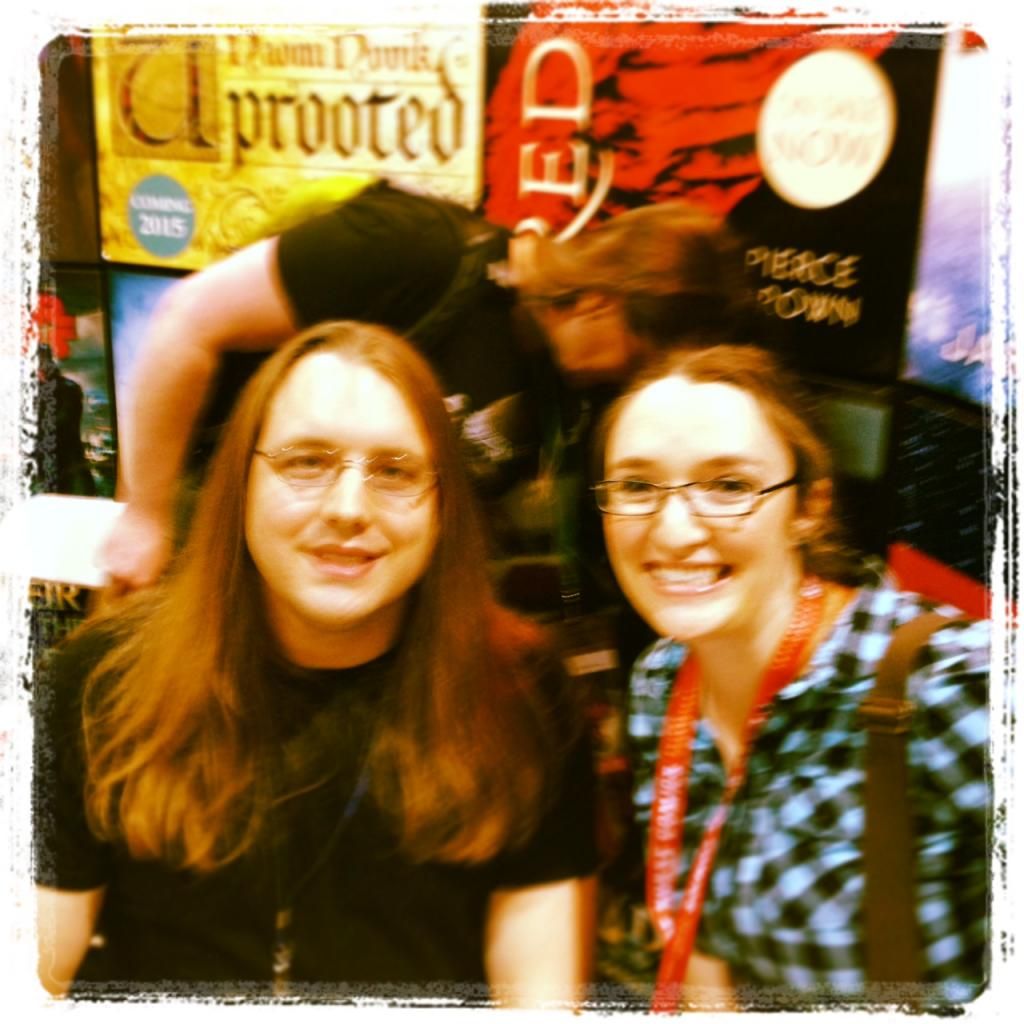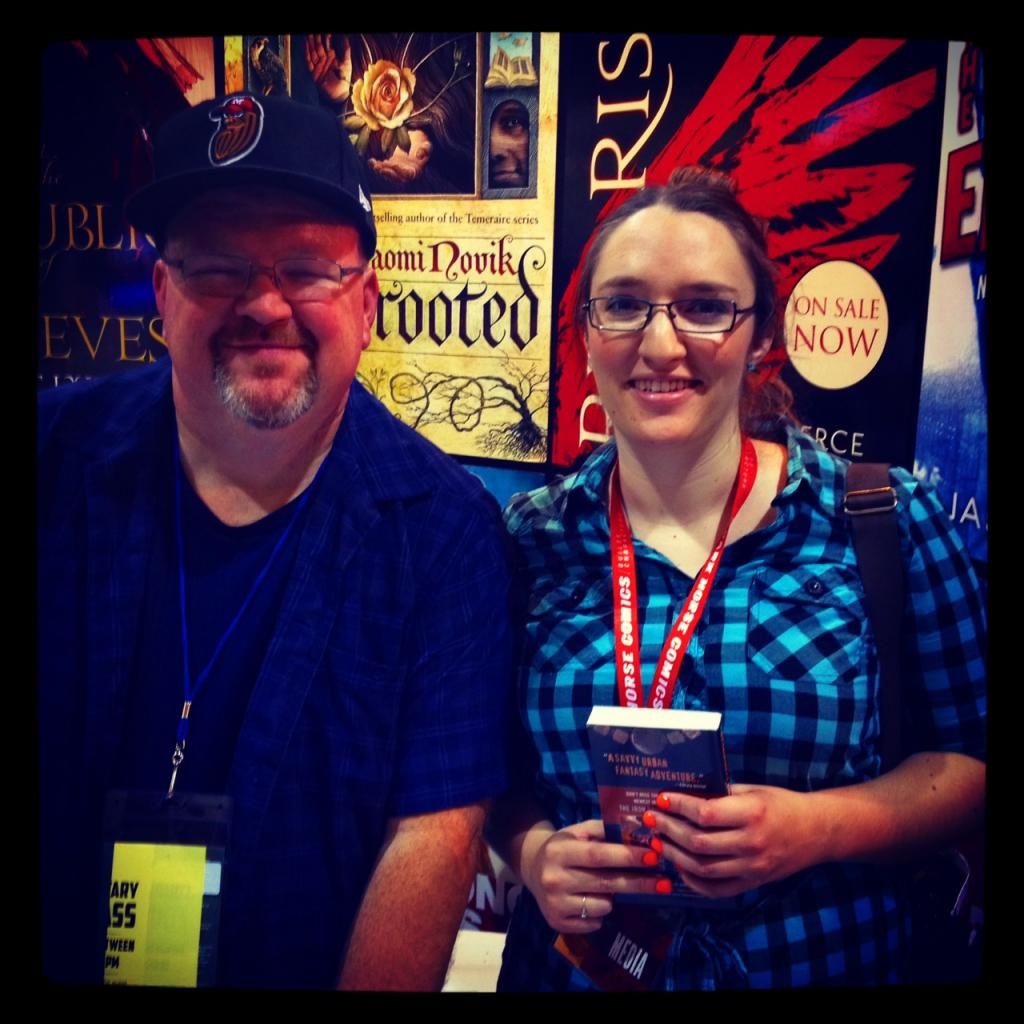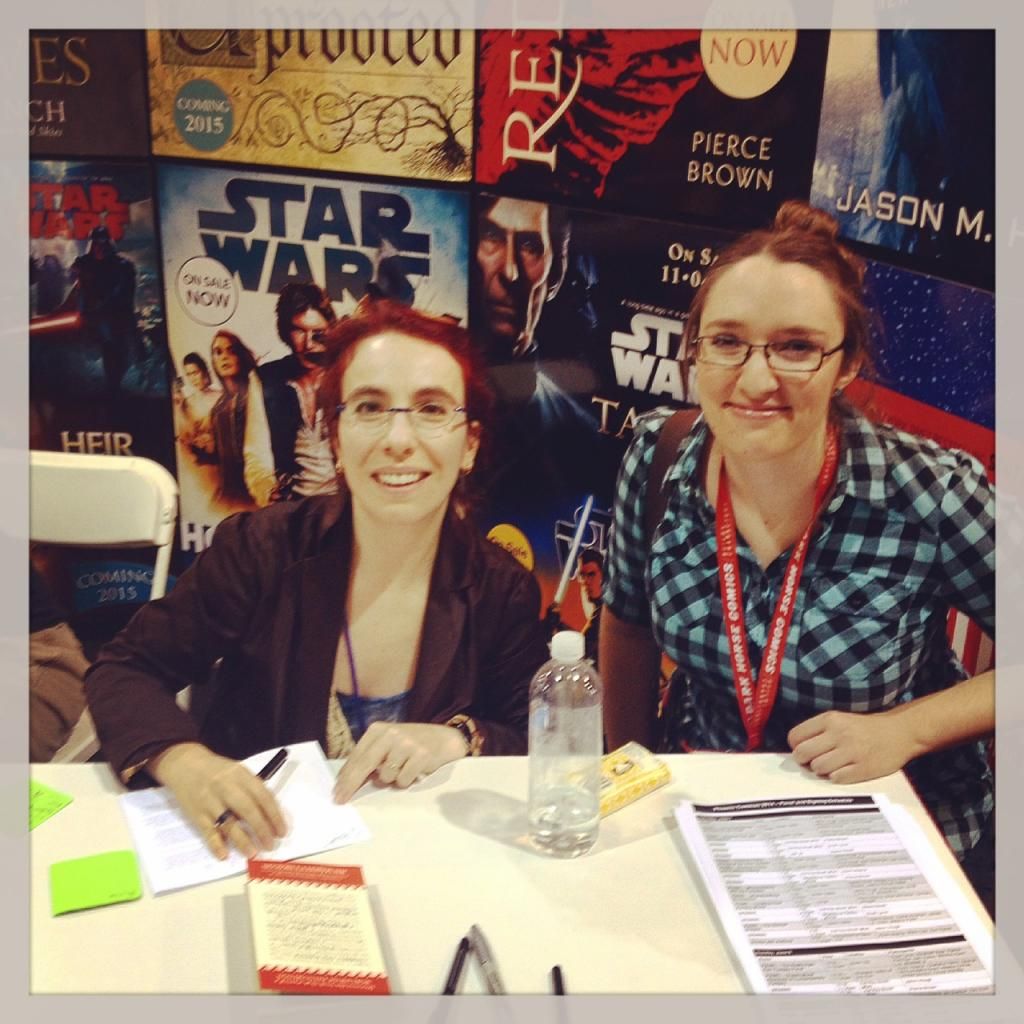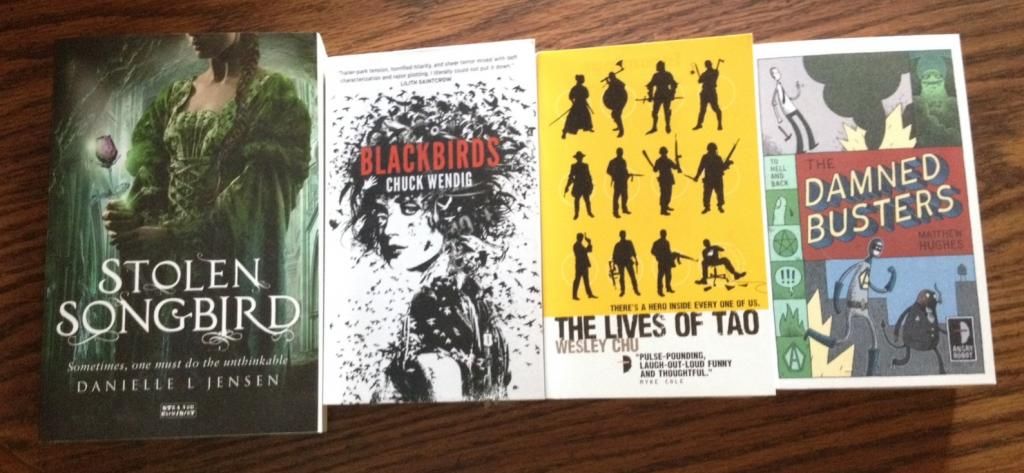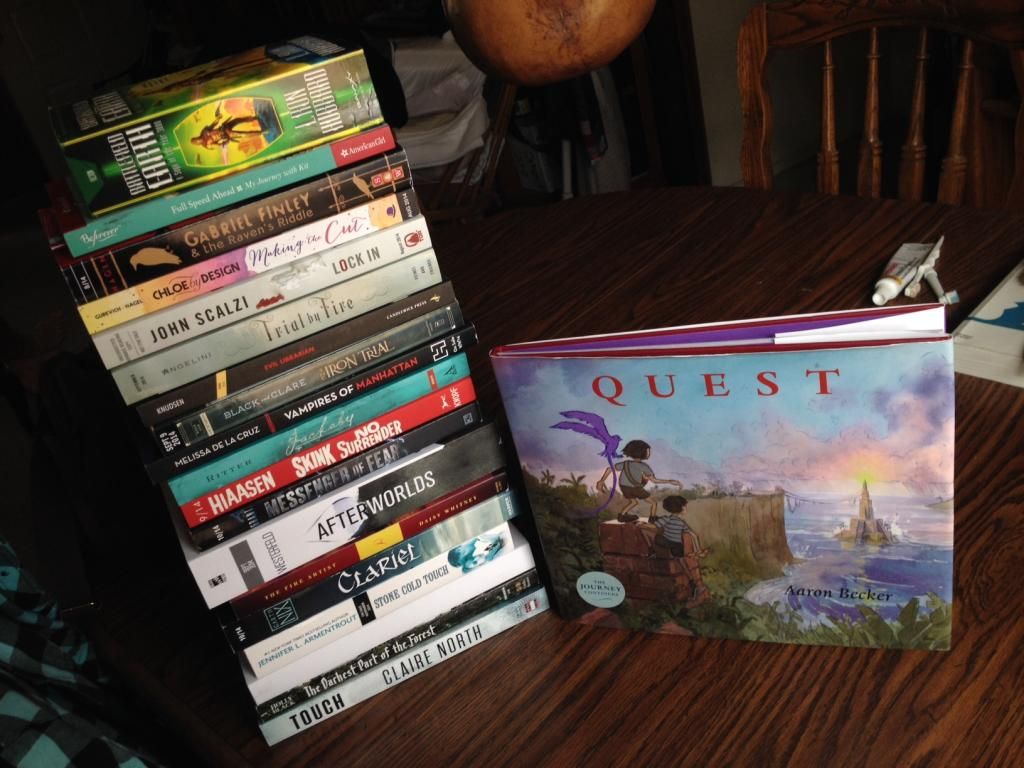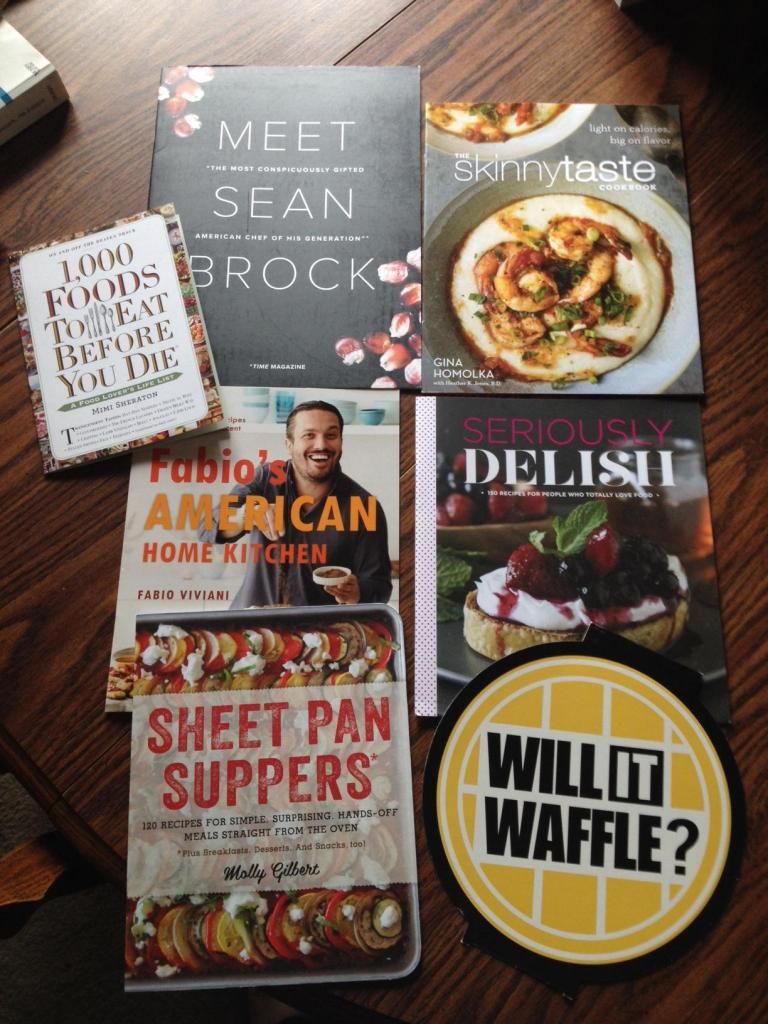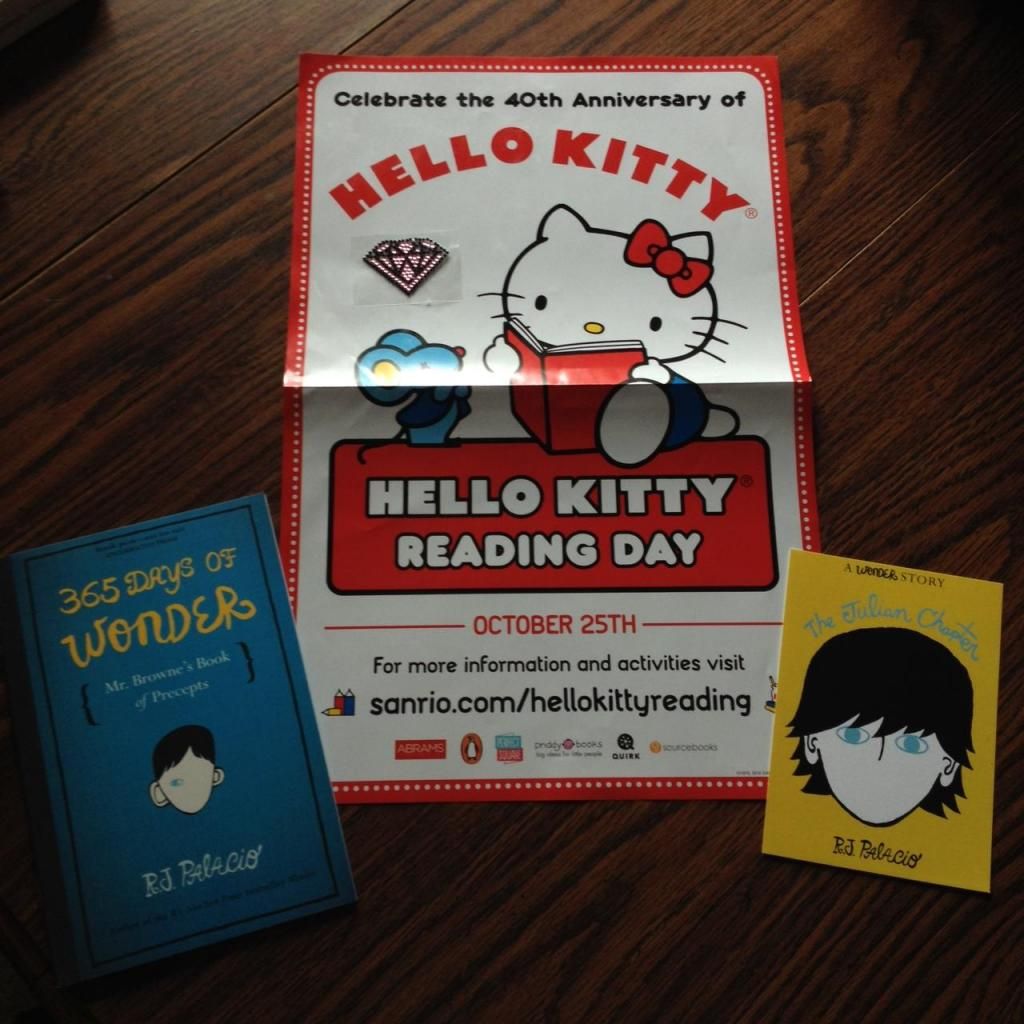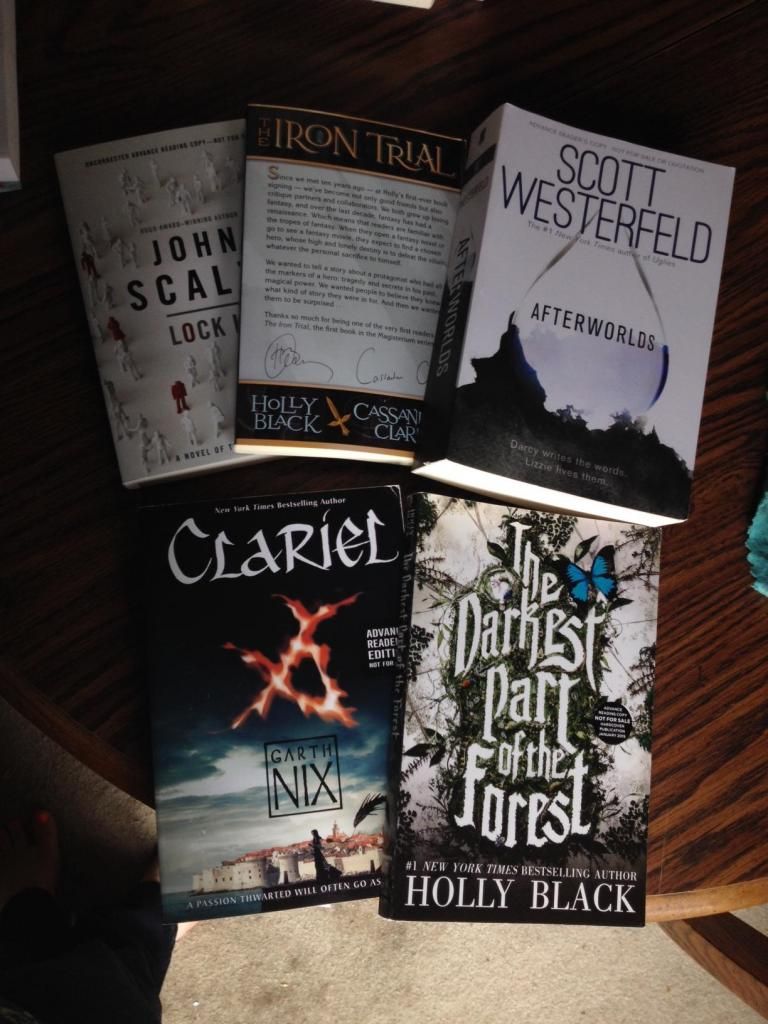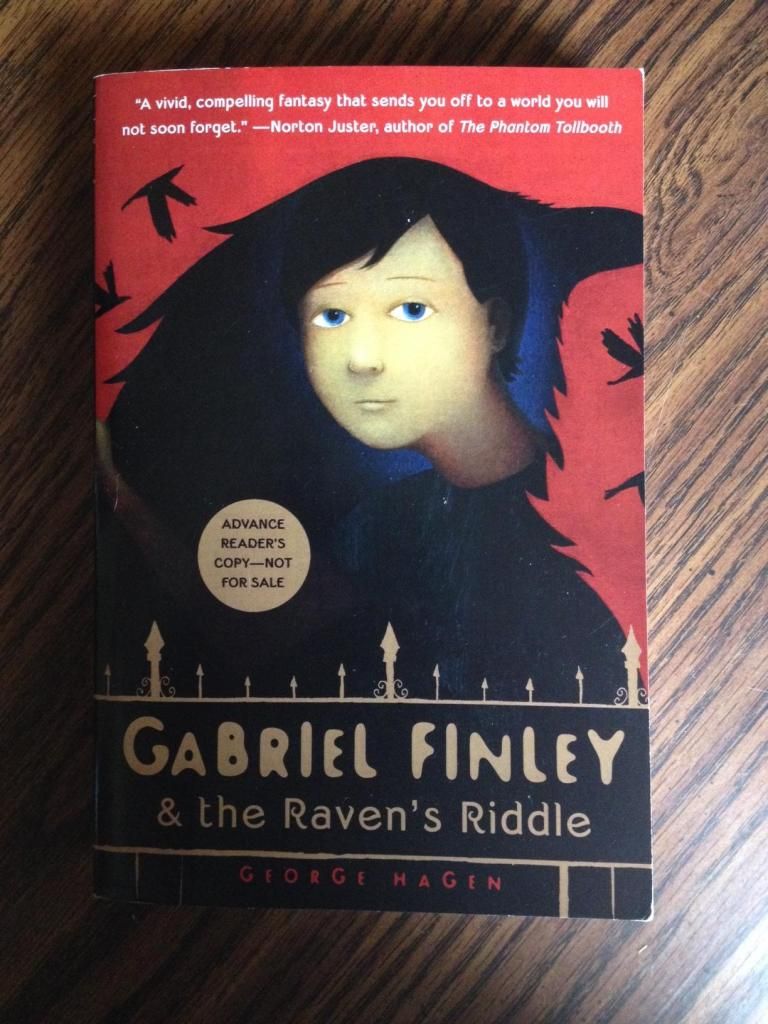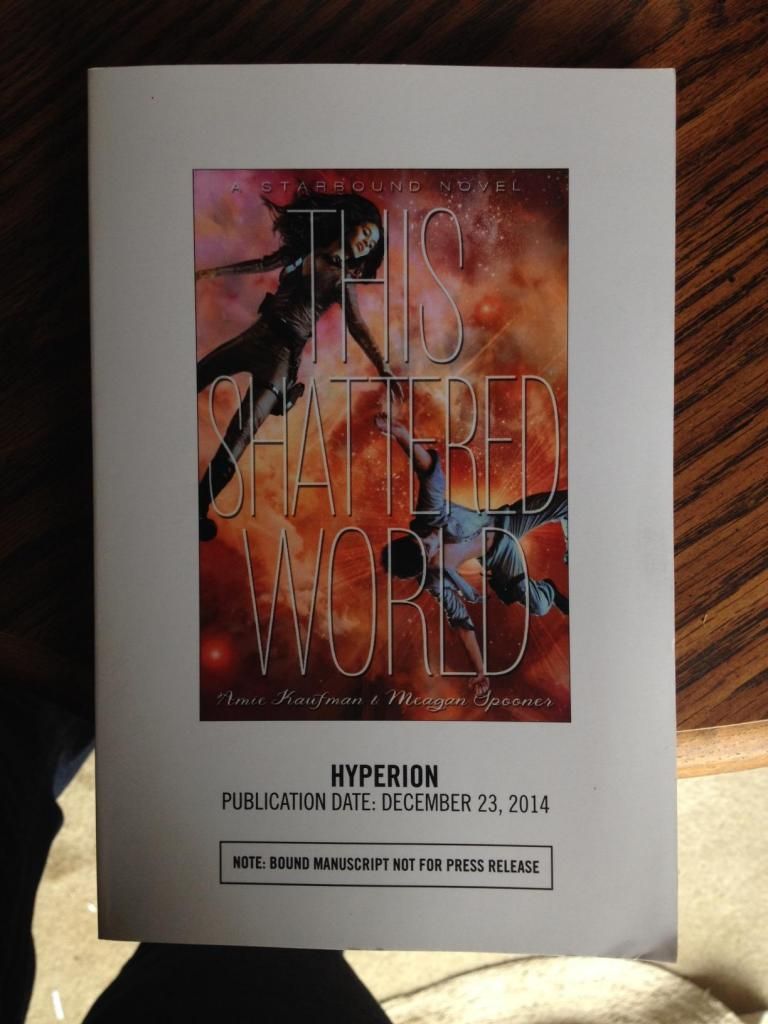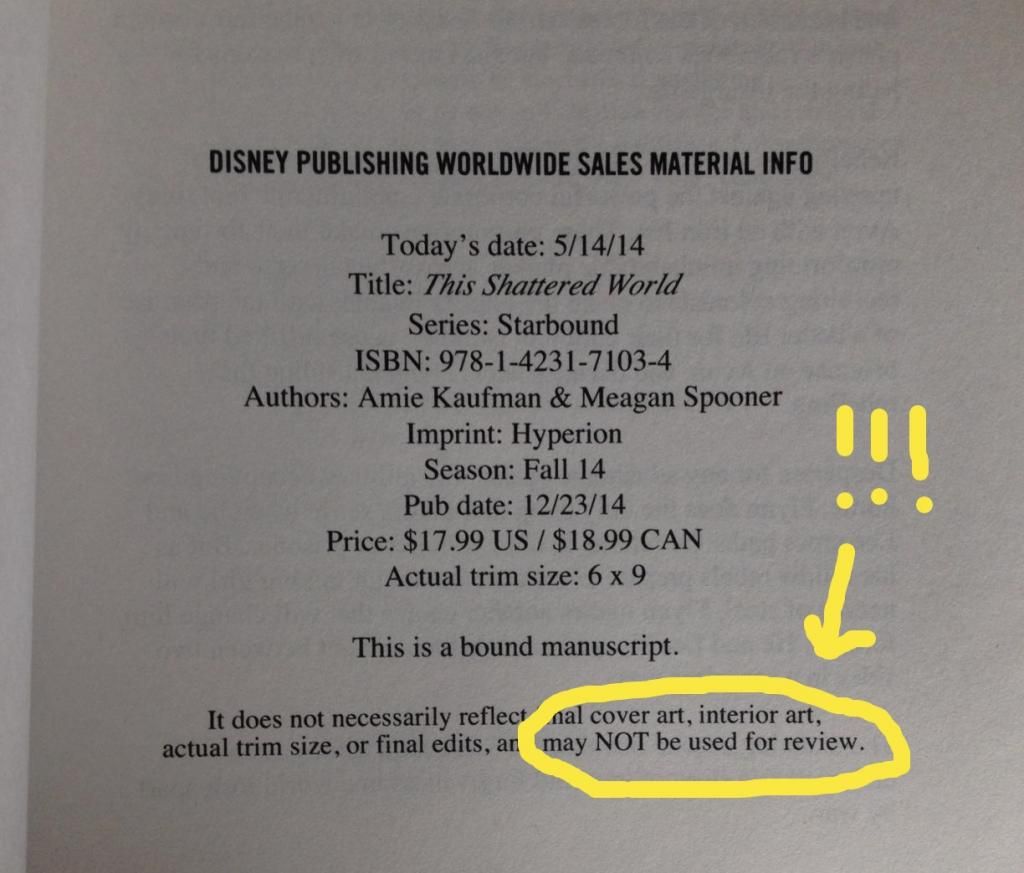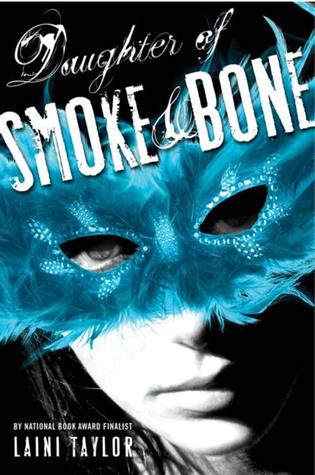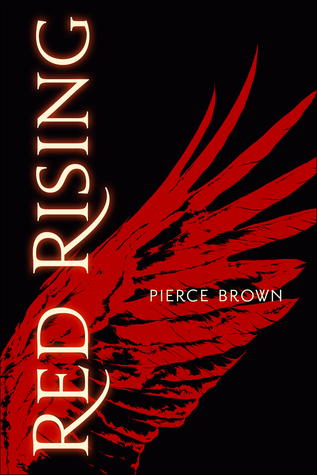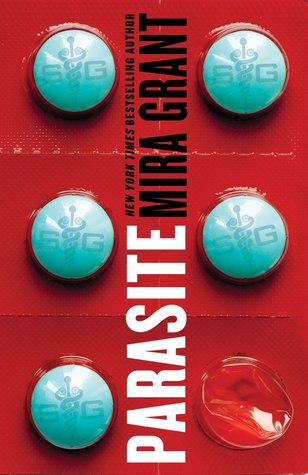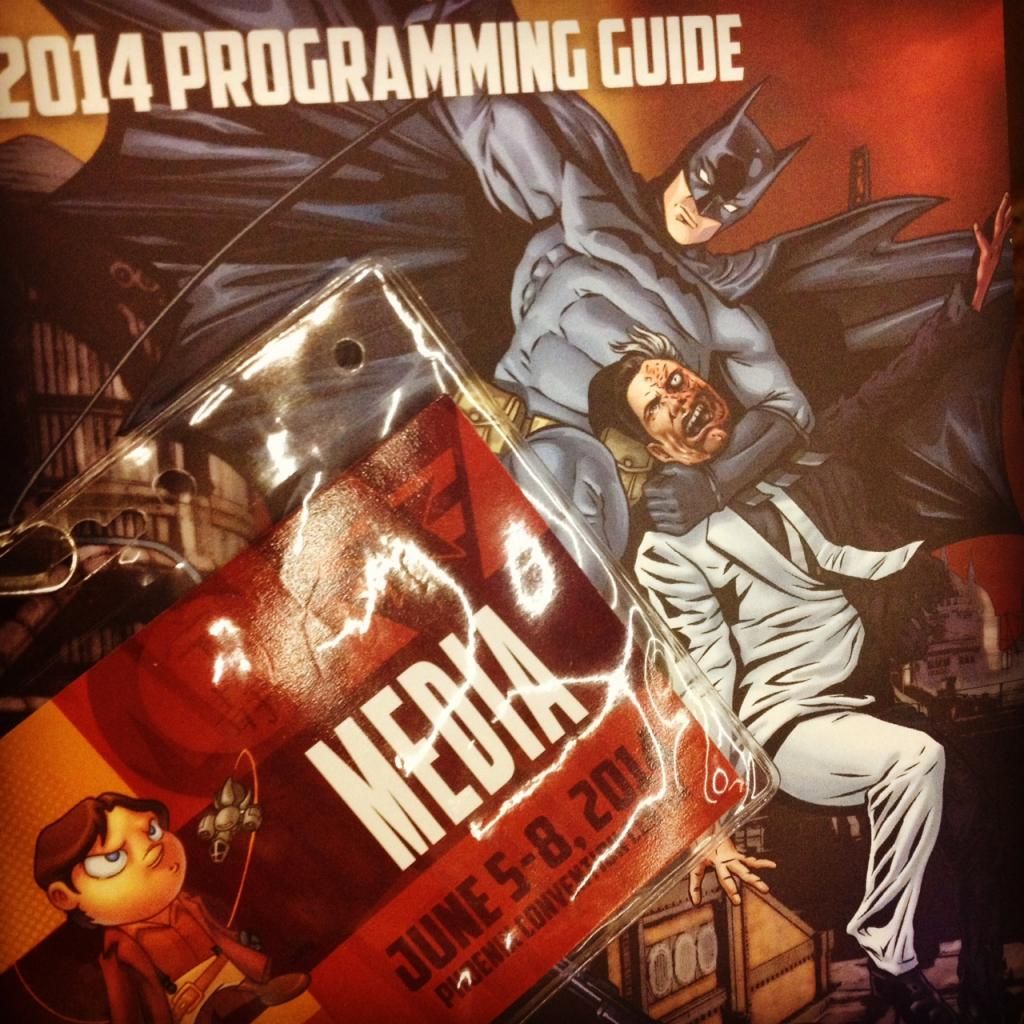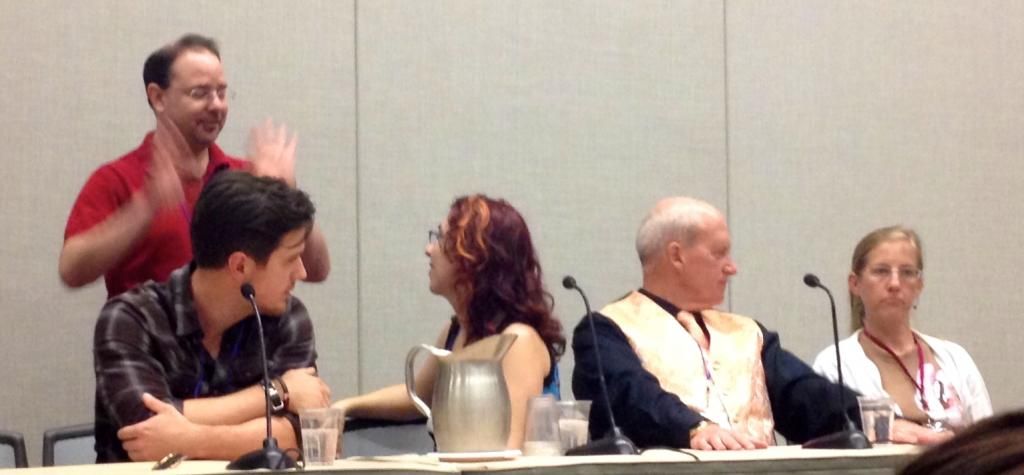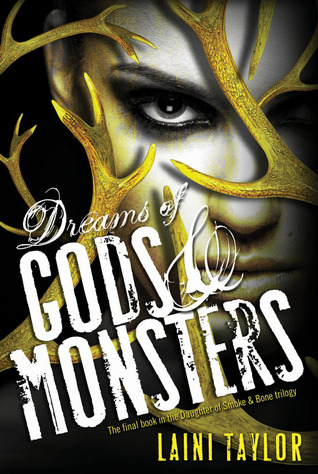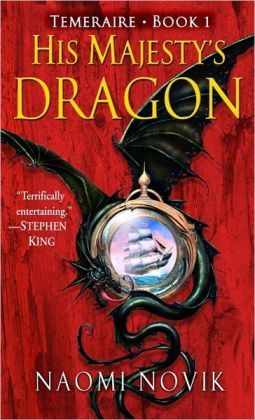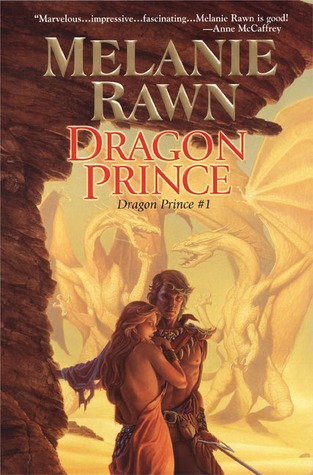Plenty of the especially big-name authors attending PHXCC had their very own spotlight panels, in addition to the appearances they made on group panels geared toward various book-nerdy topics (such as “Magic Systems: Urban Fantasy vs. Epic Fantasy” and “Magic and Power in Young Adult Fiction,” two that I wanted to attend but couldn’t make play nice with the rest of my schedule). There were so many spotlights I wanted to attend—Charlaine Harris! Jim Butcher! Laini Taylor! Naomi Novik!—but the two that occupied non-negotiable positions in my schedule were those of Pat Rothfuss and John Scalzi, both very entertaining individuals (and, y’know, not too shabby in the writing department, either). Pat Rothfuss’ was at noon on Saturday, and after a 5 minute walk down the street from the convention center to the Sheraton where the panel was being held (you’d be surprised how long five minutes can feel when it’s 108° F out), we collapsed in the lovely air conditioned ballroom and listened to The Beard share big secrets and the ending for
The Doors of Stone. (Don’t freak out. I was kidding about that last bit.)
Patrick Rothfuss Spotlight Panel

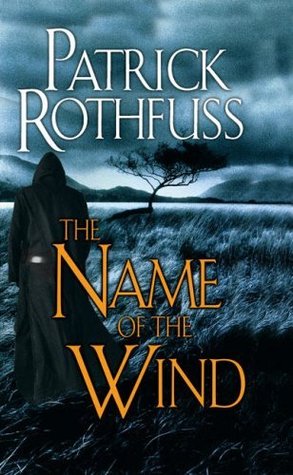

Pat’s deep voice and the acoustics of the ballroom did funny things to my recording device (er, iPhone). Additionally, it appears that when you try to take a photo while voice recording on said device, it stops the recording, but makes it look like it’s still doing so, until you end the recording and only however many minutes you got before photographing show up saved in your memos. (Not that that bugged me.) (Or that it took me 3 days to figure out why so few of my recordings were of the entire panel.) So…I don’t have too much of the Rothfuss panel available to transcribe, but that actually turned out okay since he spent about half of it reading to us. Yay story time!
Uproarious applause greeted him when he walked on stage, and after a mike check he greeted us and told us the plan. “I don’t know how these normally go, but I tend to enjoy a little Q&A,” he said, and then added that reading of some things he has written could follow. “I used to write a humor column back in the day. I’ve got some of those that you’ll probably never see anywhere…the dark secrets from my misspent youth. I’ve got an advanced copy of the Rogues anthology. I could read you Neil Gaiman’s story,” he suggested. (Everyone laughed, but he actually did read us the opening paragraphs of Gaiman’s story at his event at a local bookstore the Wednesday before the con!)
Before the Q&A portion began, he had to get the attention of a techie to make a few adjustments to the stage lighting. “I kinda feel like I’m in an interrogation room,” he joked. “‘Where were you on the night of the 27th? Why weren’t you writing book three?!’” (It’s cool that he has a sense of humor about it, since there are some real big jerks online, whining/harassing him about why the third book isn’t done yet.) The first audience question followed neatly on the coattails of that, asking how the progress is on book three. “That’s a good one to deal with right away,” Pat said. “Things are going fairly well. They’re not going as fast as I would like, but it’s going well. I start to get real antsy, like I really wish I had book three to give people, and then I remember what Tim Powers said to me ages ago. When I missed my deadline for book two, I was really sick to my stomach over it, and I called him like, ‘Tim, I’m screwing up my whole career with this…I did 30 interviews and promised to have book two out in a year…but the problem is I was doing 30 interviews and so I didn’t have any time to write.’ And he goes, ‘I’ve never made a deadline in my life. And you know what? So-and-so told me,’ like a person he got advice from back in the day, ‘It’s late once, but it sucks forever.’ And I’m like, ohhh, you’re right—I’d much rather be late once and write a good book than to rush it, get it out on time, and have it be crap. I mean, we really don’t want a Matrix Revolutions.”
He expanded on that idea a bit as he discussed his process of revisions and making the books as excellent as they can be. “The thing people have is really kind of flattering…they’re like, ‘It’s great, we’re sure it’s great!’ I know that you’re sure it’s great, but what happened is you saw the end result of 14 years of revision in book form. You did not see the 400 other versions of that book. All of which were not good enough to get published. Well…some of them were good enough to get published, but they weren’t a book that was really worthy of love. They weren’t as perfect as I could make them. Those early versions…the very first didn’t have a frame story. There was no inn, there was no Chronicler, there was no Bast. Later versions, there was no Devi. No loan sharking. No Auri. A book with no Auri. That’s not a book I would really like to write. So yeah, it’s coming along well, it’s just not coming as quickly as I’d like. There’s a lot of things I need to get absolutely right.”
The next question asked about other things he may write after he’s done with Kvothe’s story. “It’s a little far out in the future, because I kind of have to always keep one eye on book three no matter what, but I had an idea for an urban fantasy for about ten years that I didn’t pursue. I think that’d be fun,” he said. He continued, “There’s another story…a story that happens in Modeg. It’s the story of a different hero—the beginning of that hero, Laniel. I started that, thinking it’d be a novella, about 15,000 words…because I owed somebody a novella, I thought I’d write it, fulfill this obligation…and when it hit about 60,000 words…[bad muzzy audio here, sorry]. It was a really great experience writing that because it wasn’t first person. I was learning a lot about how to do third person, and it’s really interesting for me writing a story that’s what I think of as a short little simple story, which means it’s, like, 120,000 words. [much laughter] It’s not part of this great metafictional framed story narrative like The Kingkiller Chronicle. So you’ll probably see that reasonably soon as well.”
Next up was a question about his writing process. “Boy, what’s my process…” he mused. The girl started to amend her question and he joked, “See, yeah, that’s the better question—‘Do you have a process?’ I don’t think I have a process.” She amended further to ask if he bases his characters off people he knows, and he replied, “That I can answer—I do not model characters after people I know.” He asked for a show of hands of aspiring writers, and then explained why he’d advise against creating characters that way. Following that, he continued, “I would steal pieces of people. And pieces of people, like for example, Kvothe eats an apple, and he eats all the way around it, and eats the core. I had somebody come up to me and say, ‘I know where you got that. That’s the way Sarah eats an apple.’ He was so smug. I was like, ‘You got me. Now you know how I wrote my book.’” He explained further, saying, “It’s like a little true thing. A little true thing that adds a little texture.”
He looked like he was going to leave it at that, but then he continued: “Okay, now, saying that, because I’m kind of a scrupulously honest person…I did kind of base one character in the book off someone. But I don’t know if you want to hear about that. Do you want to hear about that?” The answer was an obvious and unanimous YES, and he began telling the story. “There’s nobody here from Madison, is there? Have you guys heard about Tunnel Bob? There’s somebody in Madison that people know of as Tunnel Bob. Tunnel Bob, he’s one of our local crazy people, not to put too fine a point on it. Every city of a certain size has crazy people. And if they’re sufficiently colorful, they become characters in the city. There’ve been a couple write-ups about Tunnel Bob in the local papers. I came to know Tunnel Bob because my dad had run into him at work. Under Madison there are steam tunnels, and access tunnels to the university, for all the pipes and everything…and my dad worked at one of the major hospitals.” He continued, explaining how Tunnel Bob, though there was no harm in him, would continually get arrested for hanging around in these tunnels. So Pat’s dad set up a volunteer shift for him at the hospital once a week, where it would be okay for him to be down in the tunnels under the hospital. After 3 hours in the tunnels he would come out of them and talk with Pat’s dad for a bit, and then Pat’s dad would share stories with his son about Tunnel Bob. “Apparently once he was in the university’s tunnels and he got arrested, put in jail, and for his phone call, he called my dad because he was going to have to miss his volunteer shift. He’s like, ‘This is the one place that lets me go in their tunnels,’ and he didn’t want to jeopardize that. Dad’s a very clever guy—that’s the secret here: you give him a time where he can be in there, and that’s acceptable. And he’ll do whatever he can to not jeopardize that. He’s not going to be knocking around when he shouldn’t be. So my dad would tell me these stories about Tunnel Bob. He’d say, ‘So, Tunnel Bob, we’ve got Christmas coming up. Are you doing anything for Christmas?’ [deep voice] ‘Nope.’ ‘Get any presents for Christmas?’ [deep voice] ‘…Nope. Just coal.’ Dad’s like, is he…making a joke?”
In another conversation with Tunnel Bob, Pat’s dad tried to find out what was up with the tunnel thing, anyway. “He said, ‘What do you do in the tunnels?’ [deep voice] ‘Well, the first hour I kind of cleans up a bit. And the second hour, I kinda rolls around. And the third hour, well…that’s just for me.’” [so sorry, that’s the closest I could come to deciphering what the first and second hour were from the recording, and I don’t know if it’s right!] Pat went on, “And I hear this story, and all he wants to do is be in these tunnels. Of course, when I’m working on the book, which is kind of always, something happens and I’m like, ‘Ohhh yes, I’ll take this, thank you.’ I learn something in anthropology class and I’m like, ‘Oh, thank you, yes. I will have this for later.’ Oh, so Constantine in the Roman Empire married a prostitute? I’m like, ‘Oh, wow, that’s awesome, I’m going to bring that in.’ Once a week they put her up on a stage, naked, scattered grain over her, and let geese eat it off her. And this was, like, quality entertainment. And Constantine, he saw this and went, ‘That’s the woman who will be my empress.’ And I’m like, ‘Oh, thank you. I could not have made that up. I’ll save that for later.’ Tunnel Bob…of course he doesn’t fit [in my story]. He fits in Madison, Wisconsin—even then not very well. He’s like something someone would make up if you were writing a story about Madison. And so what I did was I just put one piece of him, and then a character kind of accreted around that seed crystal. You know who that character has to be, right? It’s Auri. And Auri really has nothing to do with Tunnel Bob, so I did not take Tunnel Bob and put him in the story, but that’s where Auri started. And I think that when you do that, when you build a character around a tiny little kernel of something true, they end up being a different sort of character.”
And on that sweet note about Auri’s emergence from a guy in Madison who likes tunnels and the stories Pat’s dad told about him, I tried to take a photo of Pat up on the stage and cheated myself out of further recording of the panel. It’s not even a good photo! In it, Mr. Rothfuss has somehow morphed into a glowing blue blob…
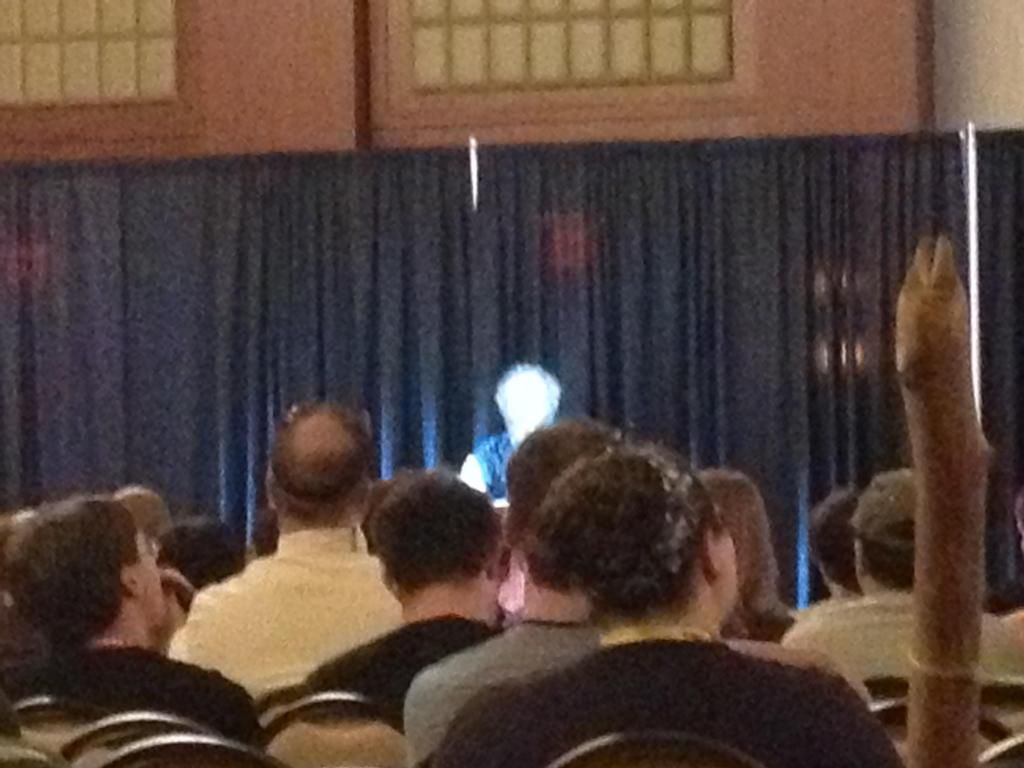
After the Q&A finished up, Pat read us one of his humor columns from college (about keeping pets in dorms illegally, and whether a guinea pig can be considered a fish), and it was really very funny. I don’t know if you can track those down on the internet anywhere, but if you can, you should do it. After that, he read us the second in his series of not-for-children children’s books, The Adventures of the Princess and Mr. Whiffle: The Dark of Deep Below. [EDIT: While Pat did read us some things after the Q&A, apparently my brain had reached saturation point and, lacking a memory or audio recording of what was actually read to us at this panel, filled in the guinea pig story, which had actually been read to us the previous night at the Paul & Storm concert. So while I can’t tell you what reading(s?) came before, I can confirm that he did in fact finish off the panel with a reading of Princess/Mr. Whiffle 2. Sorry for the confusion!]

To our chagrin, the panel ended before we could finish the book, and of course we were left at a very cliffhang-y moment. Such a tease! But it was a good, albeit unplanned (I think?), marketing technique—the next time I found myself in the vicinity of Mysterious Galaxy’s booth in the dealer hall, all the Princess/Mr. Whiffle books were sold out. And now that I know what they’re about, I’ll probably buy them for myself someday. Overall, it was a surprisingly spoiler-free panel (for a panel related to a fantasy series this beloved with two massive books in stores, I figured there would be at least a few minor spoiler-type-things coming up!), and it was a lot of fun. I tried to find a YouTube video of it to link you to for interested parties, but I’m not sure there is one to be found! If you ever hear Pat Rothfuss is in your neck of the woods (or weeds, as I first typed), make a point to get to that event—you’re pretty much guaranteed a good time.
Have you read The Kingkiller Chronicle series yet? How about the Princess/Mr. Whiffle books? Do you know Tunnel Bob? Hit the comments and let us know!


